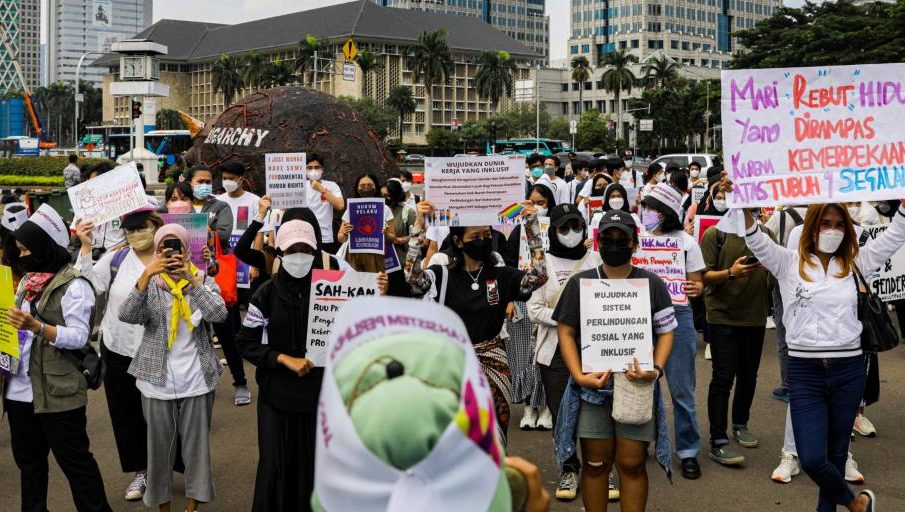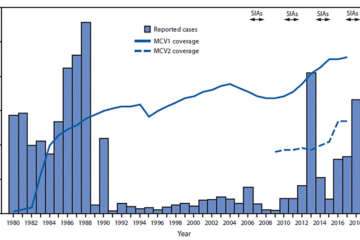COVID worsens gender gap in Indonesia, Pakistan: UN agency report – Nikkei Asia

JAKARTA — Women in Indonesia and Pakistan have borne the brunt of the COVID-19 pandemic, disproportionately losing more jobs and having to assume more household chores than men, a United Nations agency said in a report released on Wednesday.
Wide gaps in the pre-pandemic percentage of women employed versus men were already evident in the world’s fourth- and fifth-most populous nations, with 70% of women employed in Indonesia and just over 60% in Pakistan against 90% for men.
Two years into the pandemic, while the percentage of employed men fell to about 80% in both countries, only 60% of women remained employed in Indonesia and less than 40% in Pakistan, according to a new report published by the UN Entity for Gender Equality and the Empowerment of Women and the Asian Development Bank.
The report examined the COVID-19 impact on men and women in the two Asian countries and five Pacific islands nations — Papua New Guinea, Kiribati, Samoa, Solomon Islands and Tonga. It was based on surveys involving 17,845 respondents aged 18 and older between September and November 2021.
The report found that the crisis “continues to affect women disproportionately” in all seven countries, pushing more women out of the labor market as many had to quit jobs to assume family responsibilities.
“The shifts are particularly dramatic for women in Indonesia and Pakistan, where the high number of COVID-19 cases increased unpaid work burdens and affected labor market participation substantially,” the report says.
Women, who were already more likely to provide unpaid household services, were also burdened more as mobility restrictions forced people to stay home and multiplied domestic duties, including cooking, cleaning, shopping, feeding and home-schooling children, and caring for elderly household members.
“We knew that domestic and care workloads had increased with the pandemic,” said Sarah Knibbs, officer-in-charge for UN Women Asia and the Pacific. “But this data shows that women, who were already carrying most of these burdens two years ago, have taken on the bulk of the increase as well. Very little redistribution of tasks seems to have taken place within households.”
The combination of job losses and increased unpaid household workloads “may be contributing to widening gender gaps in poverty,” including “a greater deterioration in food security” for women than men. This was exacerbated by severe weather and natural hazards that coincided with the pandemic in the seven countries surveyed.
The report also found that women across Pacific island countries were overall less likely to receive two doses of COVID-19 vaccines, as they were more concerned about side effects and were affected more by misinformation about risks associated with pregnancy and breastfeeding.








